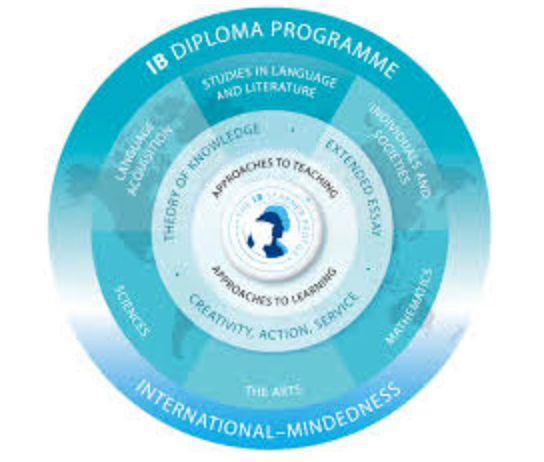By Karim Azhari, Y11
As the IB choices deadline is approaching, most year 11 students are dreading the major decisions that we are about to make, as they might influence our future career options. Although the majority of us students have already thought this through and discussed it with the people around us, the path might still be ambiguous as there are numerous subjects that are offered and that you might be considering.
To begin with, reflecting on what you want to study and where you wish to study later on is a key element in the course selection process. If the US is your first choice, you will not be very limited by the subjects you take. In fact, the US is quite flexible in terms of courses as it does not impose many obligations as long as you have a sufficient score. However, if the UK is a better option for you, it is crucial to check the websites of colleges in order to look at their requirements. You will find that they explicitly explain the required subjects and often demand specific subjects taken at higher level. Lastly, for Swiss colleges, some subjects, such as philosophy, sports science, dance, visual arts etc, are not recognized, and you might want to avoid these if Switzerland is your only option. Although it is important to take these factors into account, a piece of advice that I would like to share with you is that you should not let these college requirements limit you. After considering them, it is important for you to try to select courses which you enjoy learning and are passionate about, as you are more likely to do well in them and are more likely to enjoy studying in the future.
There are 6 groups in the IB. The first two groups cover languages. If you are currently studying a language at the mother tongue level and getting decent results, you should have no problem continuing on that path and taking it as a language A. You can even choose to take 2 languages at that level if the condition applies to both and this will lead to a bilingual diploma. You also have to decide on whether you want to study literature or language and literature. The fundamental difference between the two options is that literature focuses on reading works and studying them, whereas language and literature covers different forms of writing, such as articles, blogs and advertisements. After that, you will have to select a humanity (group 3), as well as a science (group 4). If you do not have a clear idea of which one you would like to study, the best way to make a decision is to consider the sciences and humanities you have taken this year and choose the ones you are most comfortable in. It can be a risk to take one that you have not studied this year, as there are many prerequisites which are being taught in year 11.
For the math section (group 5), it is recommended that you follow the categories in which the math department has placed you after considering your results of the December exam. Going above this category might considerably lower your grade therefore risking your chances of getting into a top tier university. For group 6, if you are good at a certain form of art, do not hesitate in selecting it! It is an advantage to be well-rounded. Lasly, it is important to have a balanced program. Don’t overload yourself with 4 HLs if it is unnecesary – IB is tough! At the same time, make sure you take subjects that will stimulate you enough. And before making any decisions, take the time to ask for your teacher’s feedback. They should be able to predict your future performance during IB years, which will help lead you to your choices.
A couple of subjects have been newly offered to study in the IB at LGB, such as psychology, sciences de l’environnement et sociétés and computer science. In my opinion, these new subjects have both advantages and disadvantages. On one hand, selecting one of these subjects may be a way to diversify your program and to avoid taking subjects which you don’t necessarily do well in. For example, if you aren’t very good at any of the humanities that were already in the IB course options, you can now opt for psychology and might perform better in that subject as you are more interested in this topic. On the other hand, colleges have mixed opinions about some of these subjects. Computer science, in some cases, is not yet recognized as well as other sciences, but probably will be in a few years.
To sum up, take every parameter into consideration when making your decisions but keep in mind that there are infinite possibilities for you in the future and that you will have to cut off subjects that may close some doors, yet open many others. Best of luck to you all!



